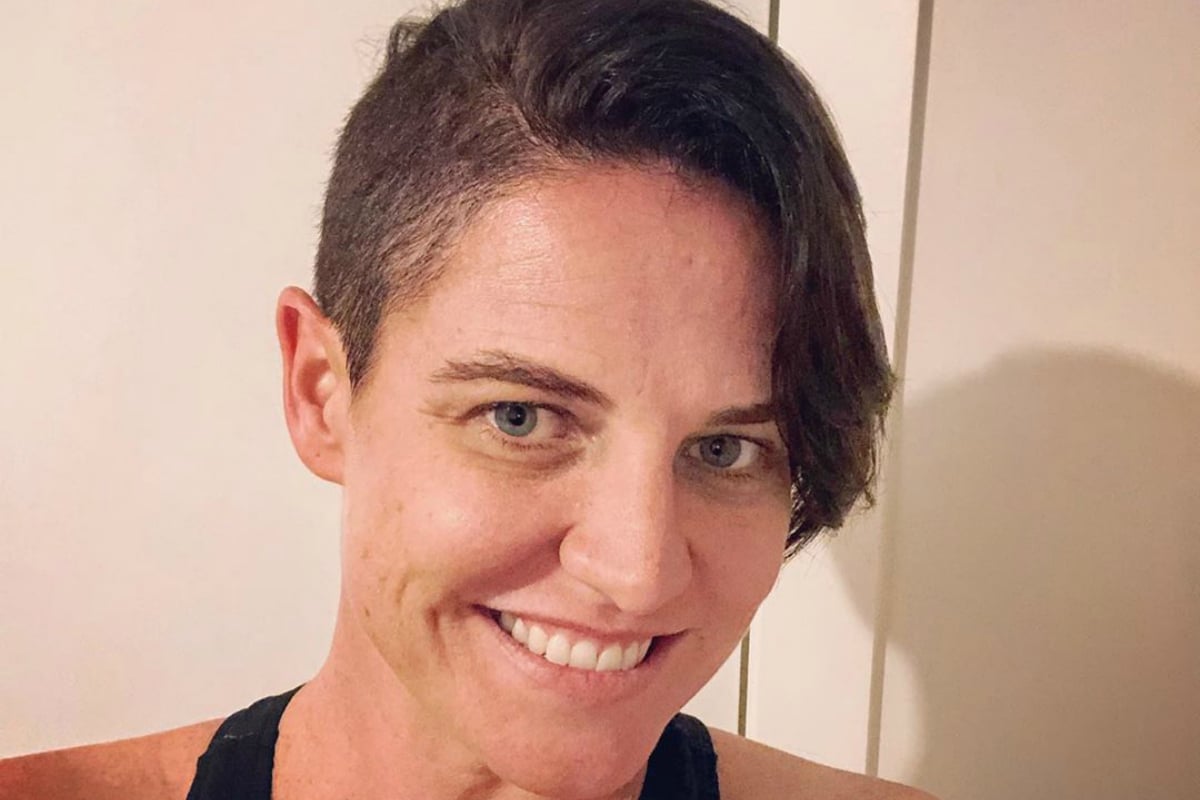
The sun is setting as I drive down King George’s Road on Sunday afternoon.
There’s a lot on my mind and I’ll admit, I’ve teared up a few times today because I hate confrontation and the events of this morning have left me feeling unsettled. I keep doubting myself. Did I do the wrong thing? Was this my fault?
But then one sentence – a sentence which was repeated multiple times this morning, directed right at me – keeps circling in my mind: “You better watch what you say to me.”
And I realise something. These words were a threat. They were meant to intimidate. And I realise something else. I didn’t do the wrong thing. Today, two grown men verbally abused me and then they gaslit me to make me doubt myself. To make me think I was in the wrong.
My hands start shaking and now I really am crying. My chest is heaving and my heart is beating and I know that what I’m feeling right now is a delayed reaction of fear.
***
On Sunday morning, I wake up in a wonderful mood. It’s my birthday and I love birthdays. Each year, I still go to bed the night before feeling like a giddy five-year-old who knows she’s about to get the cabbage patch doll she’s dreamed of for months. For me, birthdays will always be magical.
It’s a gorgeous, blue-sky June day. One of the best things about Sydney is that even in the middle of winter, you can still take off your jacket and feel the warmth of the sun. I’m coaching my daughter’s under 9s soccer game. We’re up against a tough team, but I know my girls will try their hardest.




Top Comments
Something flipped a switch in my head, and I re-read your articles. I noted that you did state that it was in your rules that parties should not be behind the goal line. In this case, you have an immediate action item, without getting yourself involved. The moment you notice that some party is behind your goal line, tell the Assistant Referee that per the rules, you want the party removed from back there. It is their job to enforce these rules, and they should do so at the next stoppage/when the Assistant Referee gets the center referees attention, to resolve the matter. At that point, the party has been told, if they go back again, the center referee can then take stronger action. Any commentary that they would direct toward the center referee (which would be termed 'dissent' in this case, can get them in further trouble.
I also believe that you should report the incident to your organization. People such as this, including the coach of the opposing team, continue in the same line, causing others grief, until they get reigned in. As a referee mentor I often get commentary that comes down the line that certain parties need to be 'watched', due to past behavior. They get watched, and if they act up, they are gone, quickly. This is all from someone having taken the time to notify the parties in charge that there MAY be/or IS an issue.
WHOOPS! Sorry, just remembered something. I have blocked non-U.S. internet addresses from viewing my site, because of hacker activity. If you are not in the U.S., you will not be able to reach my soccer site. Sorry about that!